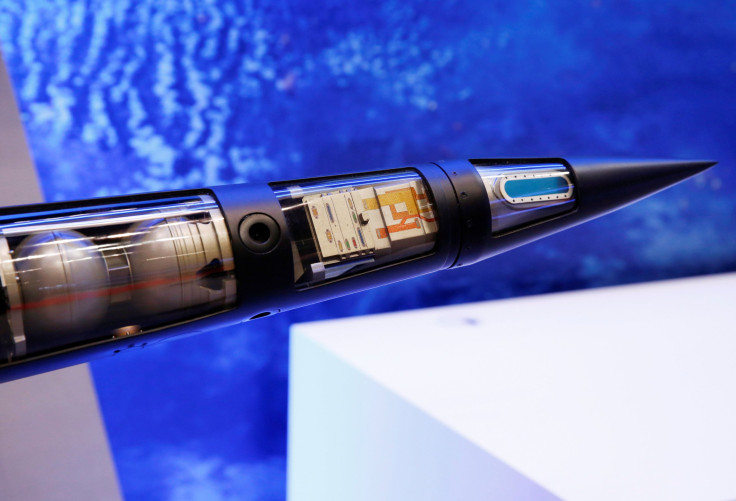THAAD In Japan? US Anti-Missile System Considered By Tokyo To Strengthen Defense Capabilities

Japan's Defense Minister Tomomi Inada said Friday that the country is considering introducing a U.S. anti-ballistic missile shield that could help strengthen the country's defense capabilities. Japan, which faces a growing threat from North Korea, currently has a two-layer ballistic missile defense system.
“We are investigating future systems for intercepting missiles,” Inada told reporters in Tokyo. The government does not have a concrete plan to introduce the Terminal High Altitude Area Defense (THAAD) system in the country, but the government and military officials are “considering what can be done,” Inada said.
Local newspaper Yomiuri reported Thursday that the government will set up a panel to consider the issue of introducing THAAD, a move that would cost hundreds of billions of yen. Inada will reportedly visit Guam next month to inspect the technology at a U.S. base.
Japan's current two-layer ballistic missile defense system includes ship-based SM-3 interceptors that target missiles in space and land-based PAC-3 batteries that aim to intercept them as they near the ground.
THAAD, which is manufactured by Lockheed Martin Corp., is capable of intercepting missiles in or outside the Earth’s atmosphere.
Amid escalating tensions between the U.S. and North Korea over the latter’s nuclear capabilities, the U.S. and South Korea agreed to install THAAD in the Korean Peninsula. China has condemned South Korea’s move to introduce THAAD.
The deployment “doesn’t help achieve the objective of denuclearization in the peninsula, doesn’t benefit maintaining peace and stability in the peninsula,” China’s foreign ministry said in a statement in July. “It’s going toward the opposite direction of solving the problem via dialogue and negotiation.”
Previously, Russia had expressed concern over the missile system’s deployment, saying in April, that the installation will create a threat to its security.
© Copyright IBTimes 2024. All rights reserved.





















